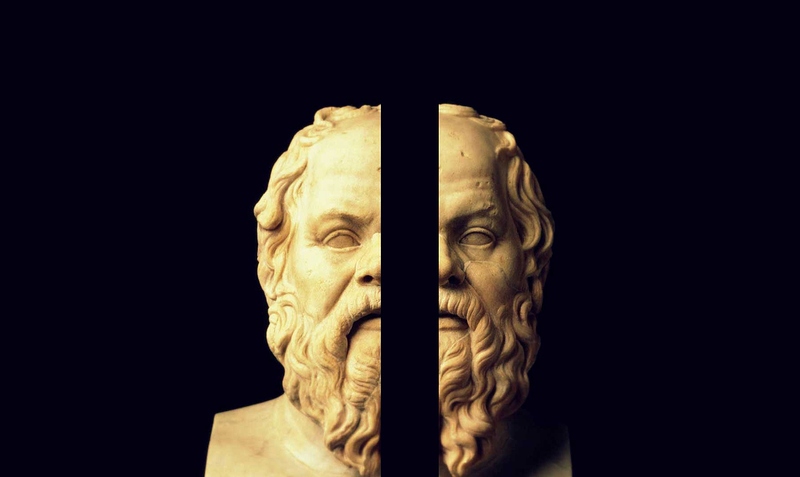In Eurozine, Slovenian philosopher Boris Vezjak philosophizes about philosophy itself, asking what the disciple’s social role and objects of study should be today. Noting that philosophy, like other humanities disciples, has faced pressure to be more “practical” in the wake of neoliberal education reforms, Vezjak encourages philosophers to apply their training to the social and political problems of today, while also preserving philosophy’s centeries-long spirit of intellectual inquiry for its own sake. Here’s an excerpt from the piece:
More than fifty years ago, Chomsky wrote that strengthening the integrity of intellectual life and cultural values is the most urgent and crucial task of universities and academic disciplines. He expected philosophers to take a leading role in this. If they do not, he said, they are abdicating their responsibility. We must, then, ask, do philosophers have such obligations? And why is it theirs and not someone else’s?
Professional philosophers usually direct their academic activities to research and teaching – exactly what would irritate Socrates. Chomsky’s problem is wider, though, since we have obligations towards national and global politics regardless of the those assigned to us as citizens. These specific obligations arise from the particular skills that set philosophers apart from for example, biologists or mathematicians. Why? Because they are in a relatively advantageous position. No other profession offers better tools for the analysis of ideologies and a critique of social knowledge. Philosophical analysis is, ultimately, the key to understanding the current global social and cultural crisis.
Image: Bust of Socrates. Via Epoché magazine.
